The servicing and maintenance of electric vehicles (EVs) requires a third less labour than petrol or diesel cars, reducing aftersales revenues for dealers.
Data from 850,000 fleet cars and vans, using Fleet Assist’s 5,200-strong franchised and independent garage network, shows the average transaction value of an EV service is around 22% less than an equivalent ICE car.
Much of this can be put down to reduced labour times which are currently 33% shorter for BEVs than ICE cars, according to Fleet Assist.
The parts component of the average EV ‘job’ is also typically 28% cheaper than an ICE car due to them having fewer working parts, with brake wear far lower.
Vincent St Claire, Fleet Assist’s managing director, said: “Garages are already starting to come to terms with how EVs will impact their servicing revenues and workshop traffic in the longer term. We may see more garages looking at ways to address how the paradigm shift of BEV aftersales is going to challenge their service provision and fees they charge.”
Fleet Assist’s SMR data shows that currently the most common EV parts being replaced are pollen filters, bulbs, key fob batteries, wipers, and brake fluid.
Garages are having to take their future investment and growing overheads into account. This includes technician training, a continued provision of a collection and delivery service and courtesy vehicles and upgrading their workshops to manage EVs, which includes multiple software updates, all of which cost time and money.
One franchised garage said it was considering implementing a specific EV servicing labour rate of £125, an 89% increase over the equivalent labour cost of servicing ICE cars.
“Fleet and retail drivers cannot take it for granted that BEV SMR prices will remain cheaper than ICE cars, as over time costs could become more comparable,” added St Claire.
Data from Epyx recently revealed that a lower proportion of electric vehicles (EVs) return to the franchised dealer network than equivalent petrol and diesel models.
It contradicts the narrative that dealers can benefit from an increase in aftersales jobs from EVs due to their more complex nature, according to the e-commerce solutions business.
Statistics taken from its 1link Service Network platform, used to manage SMR for more than four million company vehicles largely operated by leasing companies, show hardly any difference in the split between franchise and independent use for EVs and ICEs.
REALtime Communications believes car retailers should seek to grow aftersales revenues from hybrid cars to soften the financial impact of the UK automotive sector’s shift to EVs.
Its analysis highlighted the benefit of attracting increased volumes of part-electrified vehicles into workshops.
As new car diesel sales are currently declining 50% year-on-year – from 11.4% to 5.7% market share – hybrids now make up 36% of all new car registrations.
And data related to the average service invoice show that hybrids value to automotive aftersales businesses.

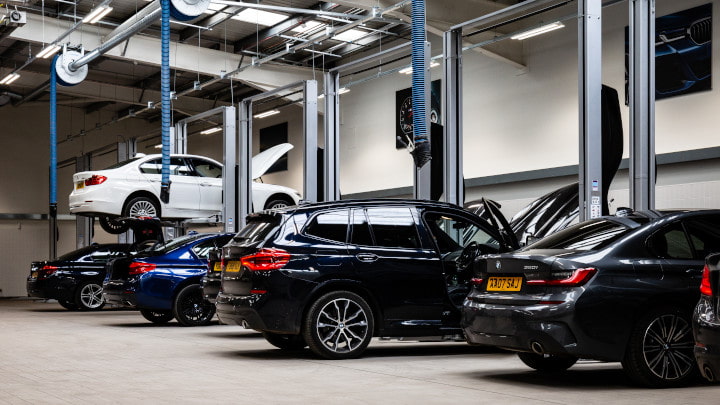

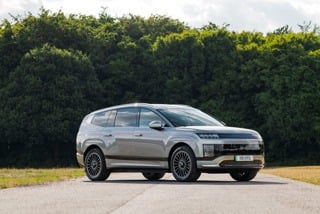
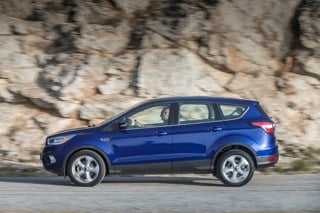
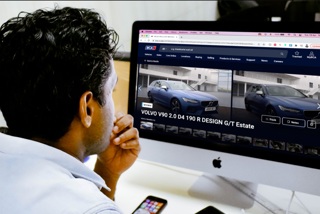

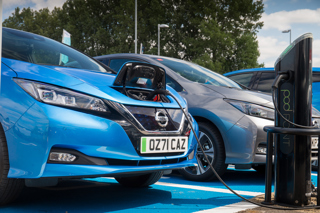











Login to comment
Comments
No comments have been made yet.